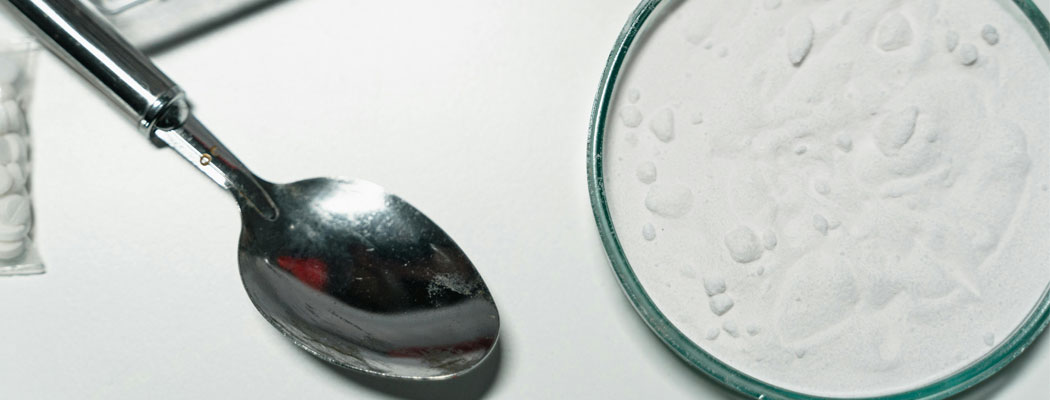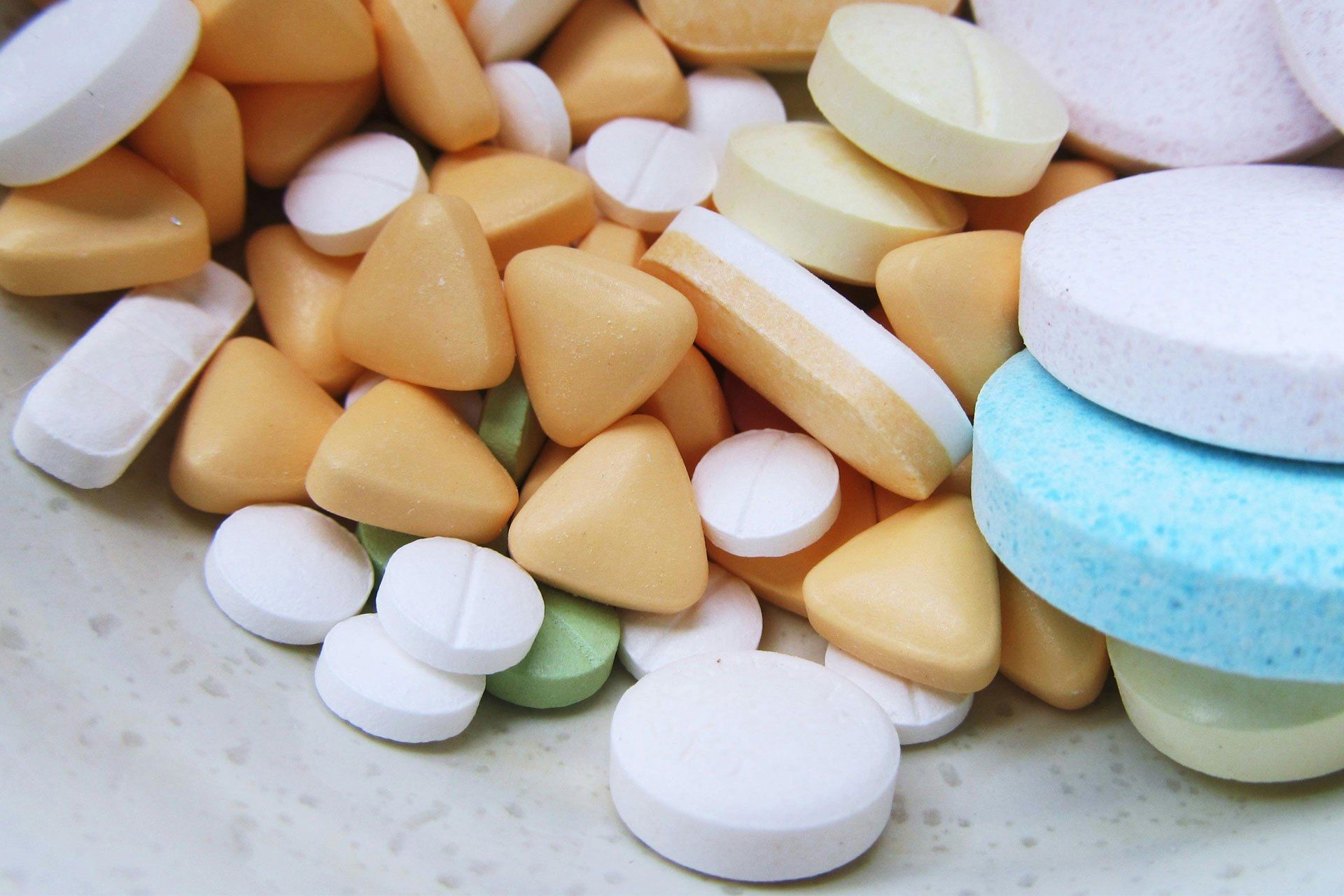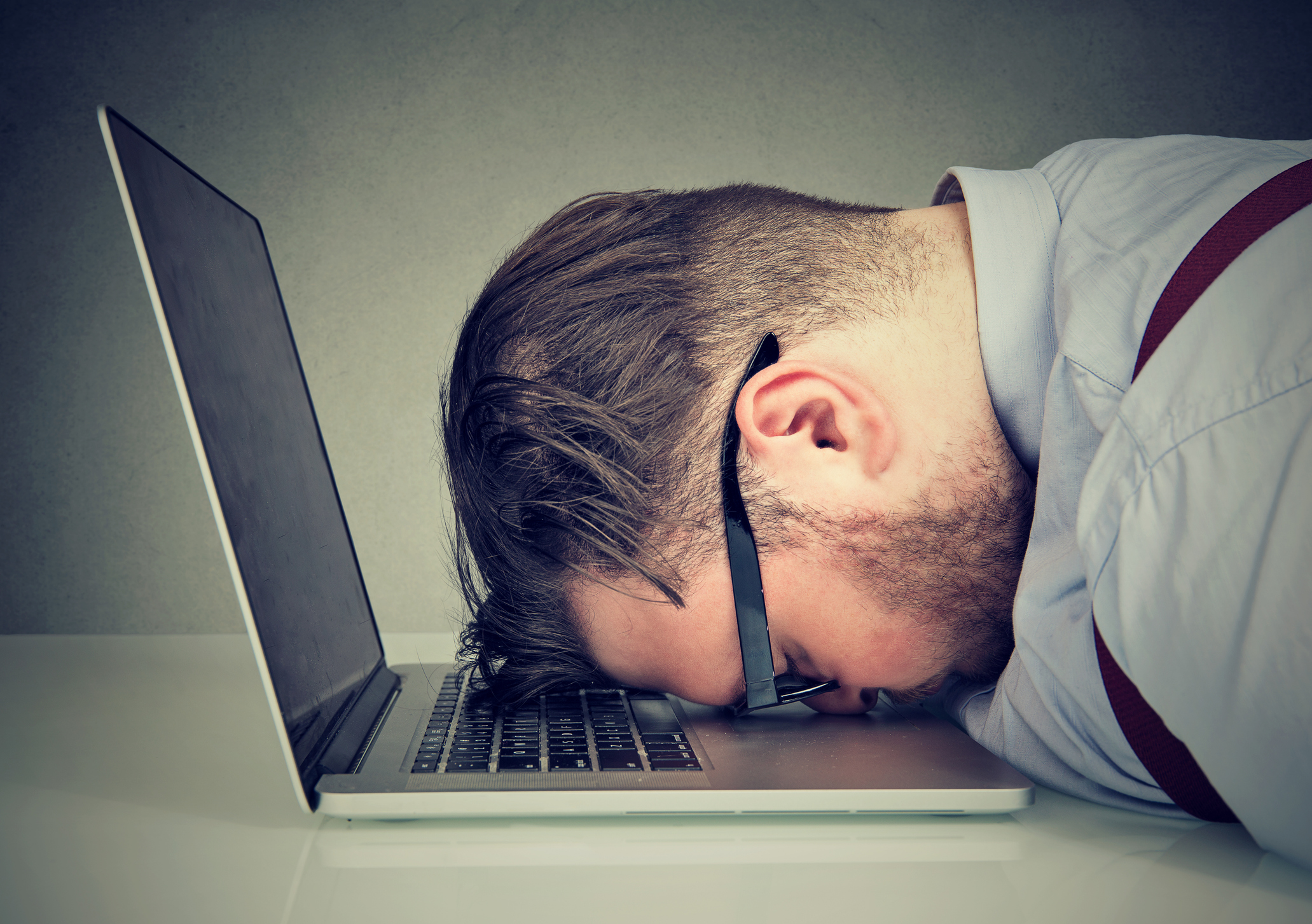The whole US is struggling with substance abuse, and words like crisis and epidemic are often used to describe the magnitude of such an issue. Some areas are at a higher risk and show a higher prevalence of substance users, New Jersey being one of them. Cocaine use is a particular challenge in urban areas like Newark, Trenton, and Jersey City. Data shows that New Jersey has more than 60,000 drug treatment admissions annually, of which 13% report cocaine use as the reason for admission. Cocaine dependence and addiction require professional help, and Mental Health Providers can help you find the right support. The crucial first step for reclaiming control over your life is to recognize the symptoms of cocaine abuse early on. This text will provide you with basic information to help recognize the signs and symptoms of cocaine use.

Understanding Cocaine Abuse and Its Effects
Cocaine is a powerful stimulant that affects the brain’s dopamine system, leading to intense but short-lived euphoria. It is an addictive drug, making people easily slip into the vicious cycle of addiction that includes binge use, crash, and craving, which increases dependence.
There are two basic forms of cocaine: powdered and freebase. The major routes of cocaine administration are inhaling (or snorting), injecting, and smoking, and the type of administration impacts the duration of the effects it has.
As dependence and addiction have numerous negative physical and mental health consequences, early recognition of these states is crucial for a timely intervention. By learning about the symptoms of cocaine abuse, you can ensure that you or someone you love receives the necessary support and overcomes the challenge of substance abuse.
Your Recovery Starts Today!
Call for Immediate Assistance1-888-546-6005
Common Symptoms of Cocaine Abuse
It’s not always easy recognizing the symptoms of cocaine use, as people tend to be discreet and secretive about it. Unfortunately, oftentimes, you recognize symptoms when cocaine abuse is severe and professional help is unavoidable. Signs of cocaine abuse can be split into three groups: physical symptoms, behavioral symptoms, and psychological or emotional signs of cocaine use.
Physical Symptoms
There are quite a few physical symptoms related to cocaine abuse. Here are the common symptoms that suggest the need for professional assistance:
- Dilated pupils and increased heart rate
- Unexplained weight loss and decreased appetite
- Nosebleeds or nasal damage (from snorting)
- Track marks from injecting cocaine
- Excessive energy followed by crashes
Behavioral Signs
Behavioral signs of struggles with cocaine use are sometimes the most evident when observing other people but can go unnoticed in your life. Here are several typical behavioral changes you can observe in those who abuse cocaine:
- Sudden financial issues (due to frequent drug purchases): Those who become dependent on cocaine will struggle to keep their finances in order. They might try to borrow money from loved ones. In more troubling situations, they might turn to criminal activities to obtain money for the drugs.
- Erratic or aggressive behavior: Aggressive behavior can accompany frequent mood changes between highs.
- Risky decision-making and impulsivity: From going to sketchy places to acquiring drugs from shady people to illegal activities to ensure funds for drugs, cocaine abusers make many risky moves.
- Secretive behavior and social withdrawal: One of the typical signs of drug abuse is withdrawal from situations that used to bring joy and spending much time on either acquiring or using drugs.
Psychological and Emotional Effects
Drug abuse can significantly impact an individual’s mental health. Emotional distress is most frequently the reason people using cocaine decide to seek cocaine rehab. Emotional distress is a consequence of the psychological effects of cocaine, such as:
- Intense mood swings
- Increased confidence followed by depression or fatigue
- Hallucinations or delusional thinking
- Paranoia
- Suicidal or homicidal thinking
- Insomnia and restlessness

The Dangers of Cocaine Addiction and Overdose Risks
Other than having a high potential to develop dependence, cocaine, especially with long-term abuse, has several negative effects on the physical state and medical conditions. Those who regularly use cocaine are at higher risk of developing heart diseases, experiencing a stroke or respiratory failure, as well as dealing with neurological damage.
There is also a risk of experiencing an overdose with fatal consequences. Lately, fentanyl-laced cocaine is present on the streets of New Jersey, contributing to higher rates of accidental cocaine overdose. Medical help is absolutely necessary if an overdose occurs. Even if you are not experiencing an overdose but are struggling with cocaine dependence or addiction, seeking professional assistance is a necessary step for reclaiming your life from drugs and embracing a healthy lifestyle.
Are You Ready to Find Healing?
Call Us Now to Get Started1-888-546-6005
When to Consider Inpatient Treatment for Cocaine Addiction
When you opt for professional programs to overcome your cocaine addiction, you will encounter various options, including inpatient programs. Inpatient treatments imply staying overnight within a facility and receiving structured support. While anyone can benefit from inpatient programs, they are best suited in the following cases:
- Repeated failed attempts to quit
- Severe withdrawal symptoms, including depression and suicidal thoughts
- High risk of relapse due to environmental triggers
- Co-occurring mental health disorders, such as anxiety or bipolar disorder
The value of inpatient programs is especially significant for a co-occurring diagnosis, as clinical images are more complex and both conditions need to be treated simultaneously, keeping in mind mutual interaction.
Where to Find Support for Cocaine Addiction in New Jersey
There are plenty of addiction treatment centers in NJ ready to respond to your needs, circumstances, and preferences. They offer various levels of support and can assist you with top-quality and often customized yet affordable addiction treatments. Some major cities and counties offer specialized treatment programs for cocaine addiction.
Furthermore, some are state-funded, while the private ones offer financial assistance or accept major insurance. You are sure to find a facility that can address your particular needs at affordable prices.

Seek Help for Symptoms of Cocaine Abuse
Cocaine addiction is a challenging but treatable condition if the right medical and therapeutic support is provided. Once you recognize the symptoms of cocaine abuse, you should seek professional help for yourself or your loved ones. Today, there are many accessible, affordable, yet top-quality facilities you can turn to for professional assistance and support. If you or someone you love is struggling, explore the Mental Health Providers rehab guide and take the first step toward recovery today.
References:






